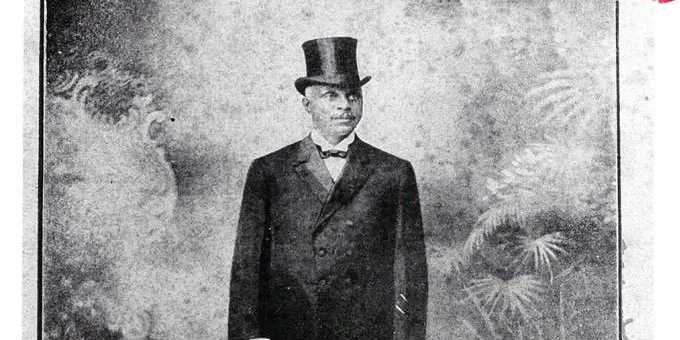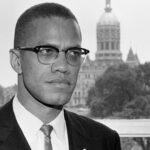Trailblazer of Change: The Pioneering Journey of George Edwin Taylor, the First African American Presidential Candidate
Early Life and Activism: Born on August 4, 1857, in Little Rock, Arkansas, George Edwin Taylor emerged as a pivotal figure in American politics during the late 19th and early 20th centuries. Raised in a family with a legacy of activism, Taylor’s father, Aaron Anthony Taylor, was a notable African American leader. Taylor’s early experiences shaped his commitment to social justice and equality.
Education and Entry into Journalism: Taylor’s educational journey led him to Iowa, where he honed his skills as a typesetter and journalist. His passion for workers’ rights and social justice led him to become involved in labor movements, advocating for fair treatment and equality in the workplace.
Founding Newspapers and Advocacy: George Edwin Taylor’s influence extended through his editorial work. He edited and published several newspapers, including the “Wisconsin Labor Advocate” and the “Labor Standard.” Through his writings, he championed the causes of African Americans and workers, utilizing the power of the press to voice the concerns of marginalized communities.
Entry into Politics: In 1904, George E. Taylor made history by becoming the presidential nominee for the National Negro Liberty Party. This marked the first instance of an African American running for the highest office in the United States. Although the National Negro Liberty Party was a minor political entity, Taylor’s candidacy represented a groundbreaking moment in American history.
Challenges and Barriers: Taylor faced numerous challenges during his presidential campaign, including racial prejudice, limited financial resources, and a lack of widespread support. Despite these obstacles, his perseverance and determination opened a new chapter in the ongoing struggle for civil rights.
Legacy and Significance: While George Edwin Taylor’s 1904 presidential bid did not result in electoral success, its historical significance cannot be overstated. His candidacy laid the groundwork for future African American political leaders, paving the way for individuals like Shirley Chisholm, Jesse Jackson, and ultimately Barack Obama. Taylor’s courageous pursuit of the presidency marked a pivotal moment in black history, demonstrating that African Americans could actively engage in the political process and aspire to the highest levels of leadership.
Impact on Civil Rights Movements: Taylor’s bold venture into presidential politics became a catalyst for broader conversations about racial equality and civil rights. His campaign contributed to the ongoing fight against systemic racism and served as an inspiration for future generations of African American activists and leaders. The event highlighted the need for increased representation and advocacy within the political sphere.
Conclusion: George Edwin Taylor, the trailblazer who dared to enter the political arena, left an indelible mark on American history. His courageous candidacy, amidst the challenges of his time, became a beacon for future leaders and a testament to the resilience and determination required to effect meaningful change. George Edwin Taylor’s legacy endures as a crucial chapter in the ongoing narrative of the struggle for civil rights in the United States.





